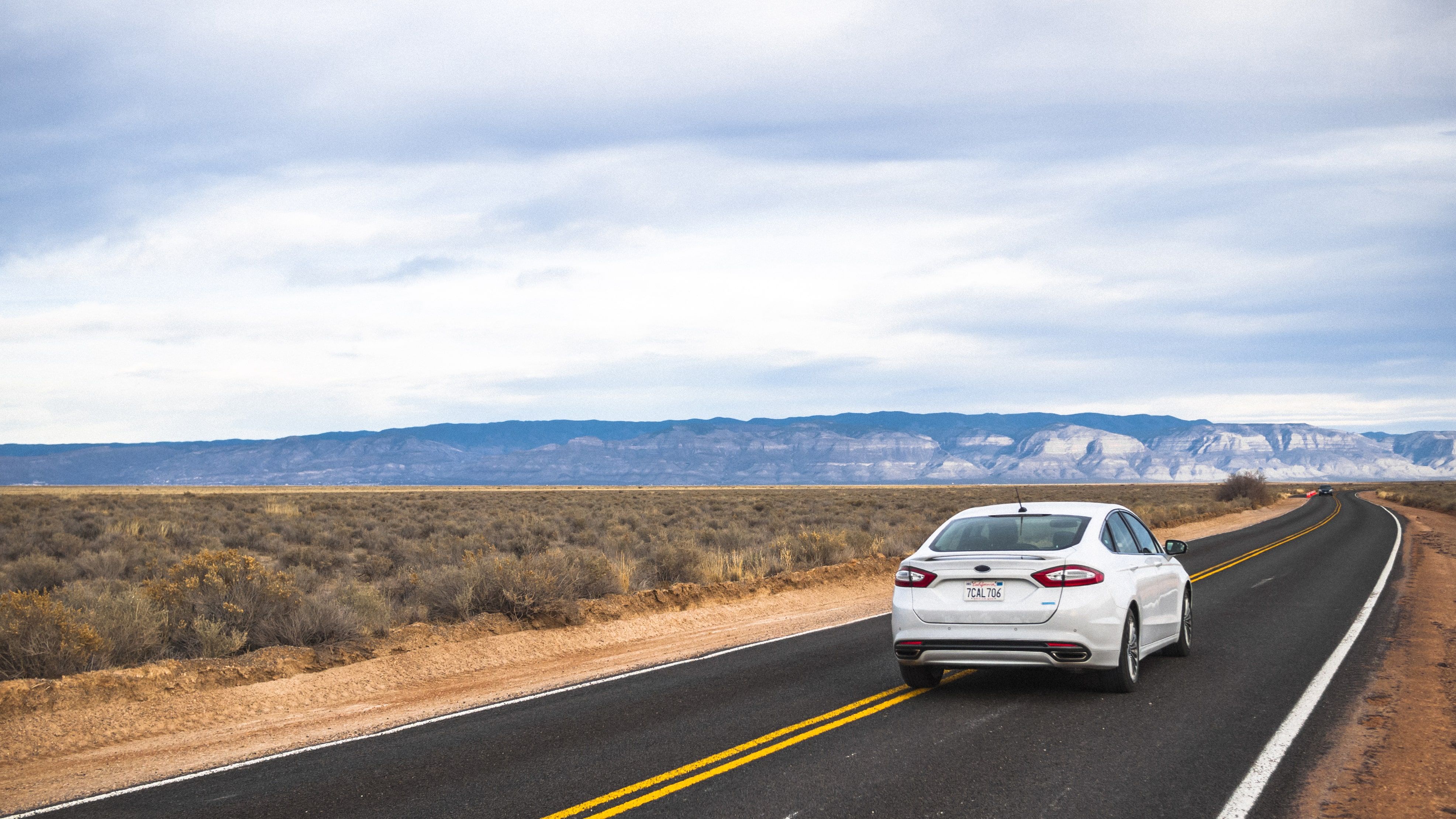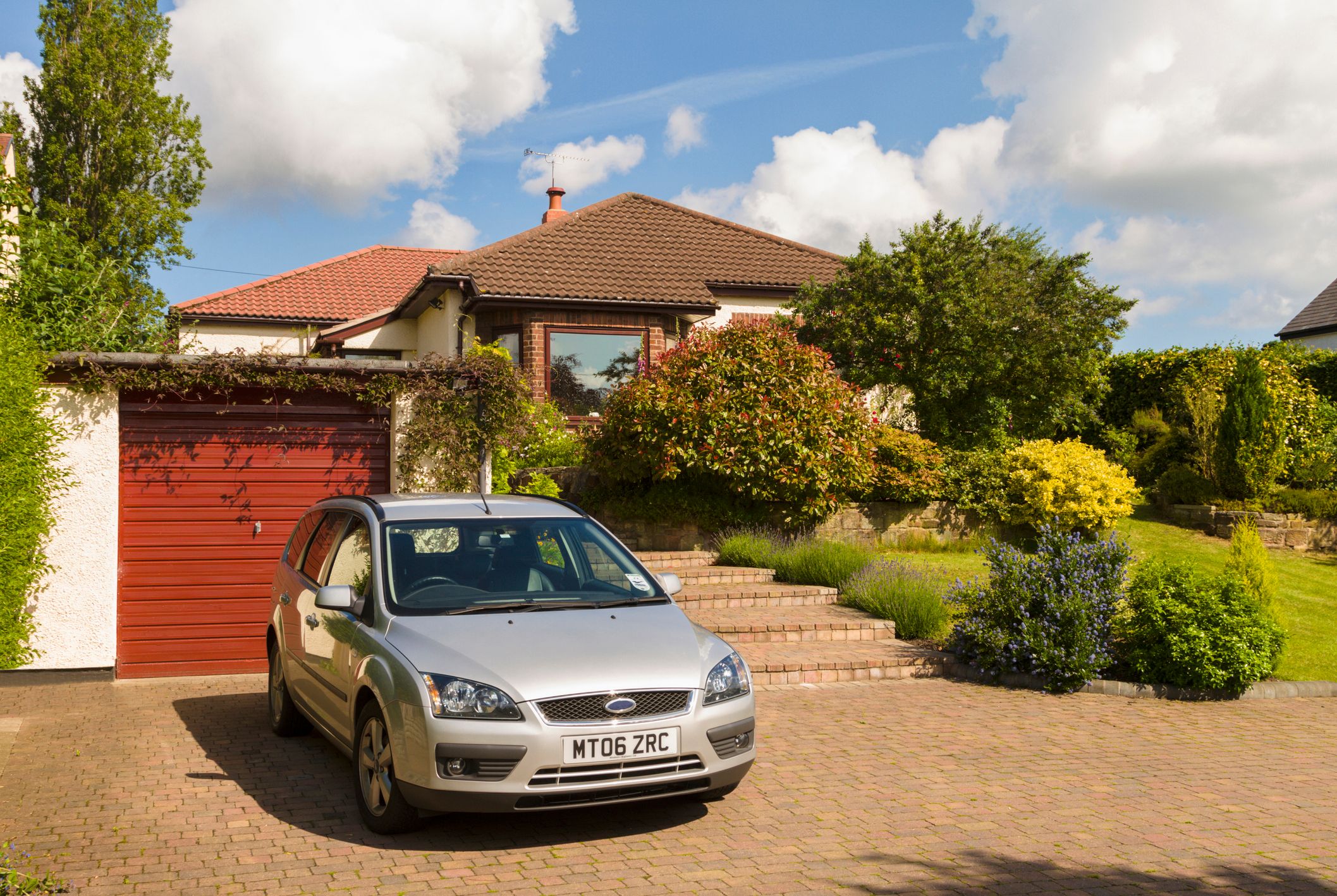Secure Your Car With The Super Car Insurance Plan!
Believe it or Not! Save upto* 75% on TATA AIG Car Insurance
Secure Your Car With The Super Car Insurance Plan!
Believe it or Not! Save upto* 75% on TATA AIG Car Insurance
How to Increase the Mileage of Petrol Car?
- Author :
- TATA AIG Team
- ●
- Last Updated On :
- 29/05/2025
Getting the most out of every litre of petrol is something every car owner wants, especially with rising fuel prices. How to increase mileage of petrol cars is a common question for those looking to save on fuel costs. Improving fuel efficiency is not just about saving money; it also enhances the performance of your vehicle. Simple changes, such as keeping your tyres properly inflated, regular servicing, and avoiding sudden accelerations, can make a significant difference in fuel consumption. This article will share some valuable tips on how to improve mileage of petrol cars, helping you get better fuel efficiency and a smoother driving experience.
What is a Car Mileage?
Car mileage refers to the distance your petrol car can travel per litre of fuel, measured in kilometres per litre (km/l). It’s a key indicator of how efficiently your vehicle uses fuel. How to increase mileage of a petrol car is something many car owners are interested in, as improving fuel efficiency can help reduce running costs and minimise environmental impact.
For example, a car owner who drives in a rush with frequent hard accelerations may notice lower mileage, whereas driving smoothly and maintaining a steady speed can improve fuel efficiency. Modern cars have advanced engines, but fuel efficiency still depends on habits and regular maintenance. Keeping tyres at the correct pressure, avoiding unnecessary idling, and getting regular servicing are all essential for how to improve mileage of petrol car and making the most of each tank of petrol.
How To Calculate Your Car's Mileage?
Understanding how to increase the fuel efficiency of a petrol car starts with calculating your current mileage. Here's a simple way to do it:
Fill your fuel tank to full.
Note the odometer reading (Trip A or B).
Drive as you usually do.
Refill the tank once it's near empty.
Note how many litres were needed to refill.
Divide the kilometres driven by litres refilled.
For example, you fill your car’s fuel tank to full and note the odometer reading. After driving 400 km, you refill the tank with 40 litres of petrol. To calculate your mileage, divide 400 km by 40 litres, which gives you 10 km/l. This means your car travels 10 kilometres per litre of fuel. Once you know your current mileage, you can apply simple techniques to how to increase mileage of petrol car, such as maintaining proper tyre pressure, avoiding heavy acceleration, and regular servicing. These small changes can lead to improved fuel efficiency and long-term savings.
Read more: Easy ways to save fuel while driving
9 Tips to Increase Car Mileage
Want to know how to increase the mileage of a petrol car in everyday driving? Here are nine actionable tips:
Avoid rapid acceleration and hard braking.
Under-inflated tires can cause you to spend more on fuel, whereas correct tire inflation means better fuel efficiency.
Removing items from the boot that you do not need can help fuel economy.
Switching the engine off while waiting can save fuel and reduce emissions.
Using air conditioning may affect fuel efficiency; only use it when necessary.
Most petrol cars achieve better fuel efficiency between 50 and 70 km/h.
Replacing spark plugs, filters and fluids at the right time can help an engine perform better.
Maintaining a steady speed using cruise control can help fuel efficiency.
Never drive through areas that are likely to be heavy with traffic; stop-and-go driving burns more fuel
By following these tips, you can learn how to get better mileage in a petrol car while also enjoying a smoother ride.
Understanding the Factors Affecting Petrol Car Mileage
Several factors influence how to improve mileage of petrol car. Being aware of them can help you make better driving decisions:
Driving Style: Aggressive driving consumes more fuel.
Traffic Conditions: Constant stopping and starting uses more petrol.
Engine Health: A poorly tuned engine burns more fuel.
Tyre Condition: Worn-out or misaligned tyres reduce efficiency.
Fuel Quality: Low-grade fuel affects engine performance.
Addressing these elements is a practical approach to learning how to increase fuel efficiency of a petrol car over time.
Choosing the Right Engine Oil to Improve Mileage
The engine oil you choose directly impacts your petrol car’s performance and efficiency. Here's how the right oil helps:
Reduces Friction: High-quality oil minimises engine wear.
Improves Engine Life: Helps maintain internal cleanliness.
Enhances Fuel Efficiency: Reduces strain on the engine.
Use Manufacturer-Recommended Oil: Stick to the recommended viscosity grade.
Opt for Synthetic Oils: They offer better thermal stability and protection.
Selecting the right oil is one of the easiest ways to improve mileage of a petrol car without significant effort.
Read more: Tips on How to Choose Car Insurance For Your 4 Wheeler
Car Insurance Add-Ons That Benefit Petrol Car Owners
Owning a petrol car means you need the right insurance add-ons to avoid unexpected expenses and get timely help on the road. Here are some important add-ons explained clearly:
Engine Protection Cover:
This add-on covers repair or replacement costs for your car’s engine and gearbox if they get damaged due to water entering the engine or oil leaks. It is especially useful if you drive in areas with heavy rain or waterlogging, protecting you from expensive repairs.
Zero Depreciation Cover:
Normally, when you claim for repairs, the insurer deducts depreciation on parts like plastic or rubber, meaning you pay more out of pocket. This cover means you get the full claim amount without any deduction for depreciation, making it ideal for newer petrol cars.
Roadside Assistance:
If your petrol car breaks down due to issues like a flat tyre, dead battery, or running out of fuel, this add-on gives you emergency support. Services include towing your car to a garage, on-the-spot repairs, or delivering fuel, helping you get back on the road quickly.
Fuel Assistance:
If you run out of petrol unexpectedly, this add-on covers the cost of delivering fuel to your location. It helps avoid delays and inconvenience, especially useful for long-distance travellers or those driving in remote areas.
Conclusion
Boosting your petrol car's mileage is not a one-time trick but a consistent practice. It involves mindful driving, routine maintenance, and choosing the right Car Insurance. When you invest in these habits, you not only save on fuel but also extend your car’s life and reduce your carbon footprint. Pair your fuel-saving habits with the right Four Wheeler Insurance plan for optimal protection.
While improving fuel efficiency, explore new Car Insurance options tailored to your driving needs. Knowing the Car Insurance price and benefits before purchasing ensures you get the right coverage without overspending.
TATA AIG offers a comprehensive range of Four Wheeler Insurance solutions to support your journey—where better mileage meets better protection. Let smarter driving begin today.
Frequently Asked Questions (FAQs)
How do I increase the mileage of a petrol car?
A petrol car's mileage improves when drivers practice smooth maneuvers and steady movement, decrease quick acceleration, and prevent engine idling. Regular maintenance, prompt oil changes, and frequent assessment of tire pressure are essential for maintaining the best possible fuel outcomes. A car achieves optimal fuel economy when engine maintenance meets driving stability.
What to add in petrol to increase mileage?
Winding up with trusted fuel system cleaners or premium petrol will boost your engine performance without harming combustion effectiveness. Always check your car manufacturer's guidelines before using fuel additives because incorrect procedures can damage engine parts and negatively affect mileage and performance.
How can I make my petrol car more fuel-efficient?
The best approach to increasing mileage involves smooth acceleration, reduced braking techniques, and high-speed highway cruise control management. Keeping the engine tuned at its peak, clean air filters, and correctly inflated tires will help improve fuel efficiency. Cutting the weight of excess items on board and controlling the air conditioning system when it is not required will also benefit your daily fuel economy.
What is the best speed for mileage in a petrol car?
A petrol car will reach its highest efficiency point between 50 and 70 km/h on smooth roads while avoiding constant acceleration and braking. The specified speed range enables efficient engine operation while reducing unnecessary fuel use, particularly during ordinary traffic and positive road conditions.
Disclaimer / TnC
Your policy is subjected to terms and conditions & inclusions and exclusions mentioned in your policy wording. Please go through the documents carefully.



